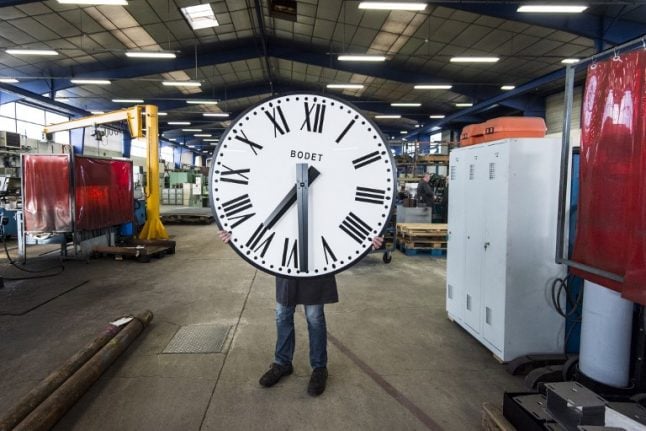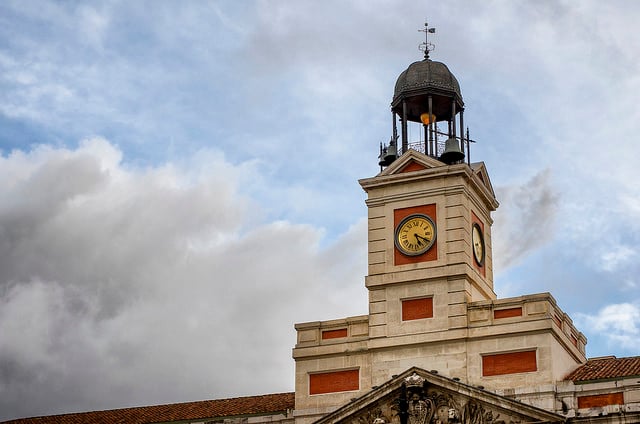MEPs voted 410 to 192 in favour of ending the practice of changing the clocks forward and back in spring and autumn from 2021.
However the parliament said it should be up to each individual member state to decide whether to stick to summer time or winter time in future.
According to the legislation passed by parliament the EU member states that decide to stay on summer time will put their clocks forward for a final time in March 2021.
And those countries that prefer to stay on winter time will put their clocks back for the final time in Autumn 2021.
The bill is now the official position of the EU parliament, however it will be up to the European Council to make a final decision on whether the clocks stop in future.
The council – which is made up by the leaders of each member state – will have to vote unanimously for the change, but may be swayed by the fact the move would be popular among Europeans.
In a Europe-wide survey last year some 80 percent of Europeans voted in favour of stopping the clock changes, with most people appearing to prefer to stay on summer time rather than winter time.
And the results are clear: 83.71 percent of respondents want to end the time changes and the majority want to stay in summer time.
Launched by the Committee on European Affairs, this non-binding consultation “received 2,103, 999 replies between February 4th and its closure on March 3rd at midnight”, the committee said.
This is an absolute record for such a consultation, the previous ones being at best tens of thousands.
Initially introduced to save energy, the change of time in summer and winter in the EU – in force in France since 1976 – has been strongly opposed for years. Critics cite negative effects on sleep and health or road accidents, as well as the lack of real energy savings.
The clocks go forward at 1am on Sunday 31st March.






 Please whitelist us to continue reading.
Please whitelist us to continue reading.
Whilst the back and forth of Winter-Summer time seems outdated from its original purpose, isn’t there a case for “solar” time? This would start with the principle that when the sun is at its zenith overhead, it is 12 noon midday, whereas in France it would be 14h.00 with the new idea. Obviously allowances would need to be made for the mass and position of countries.